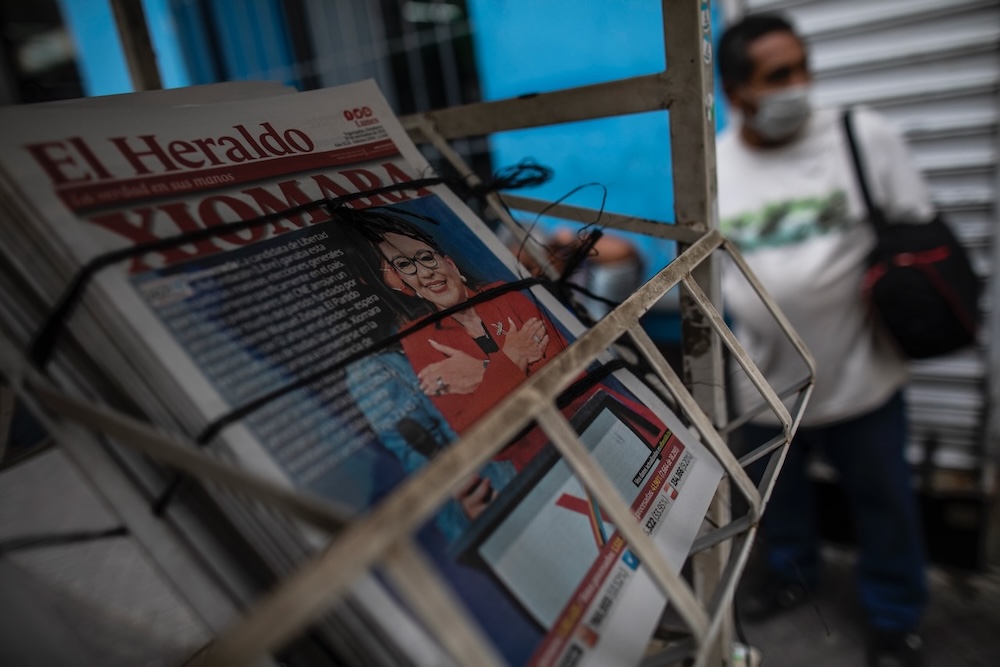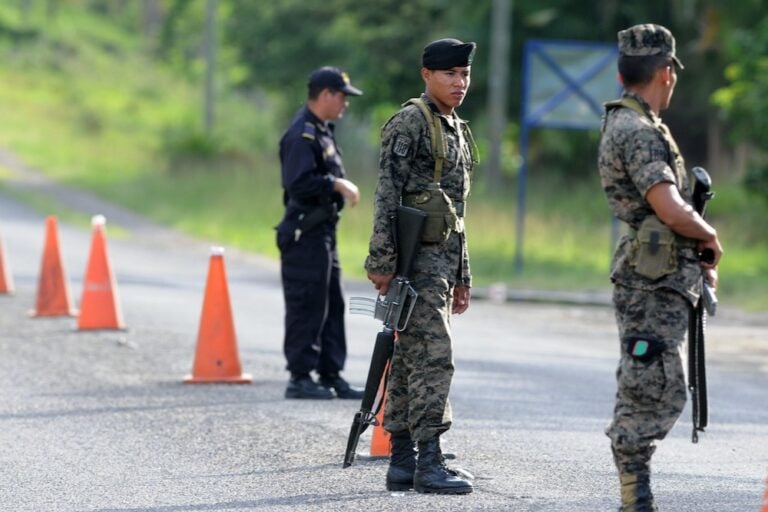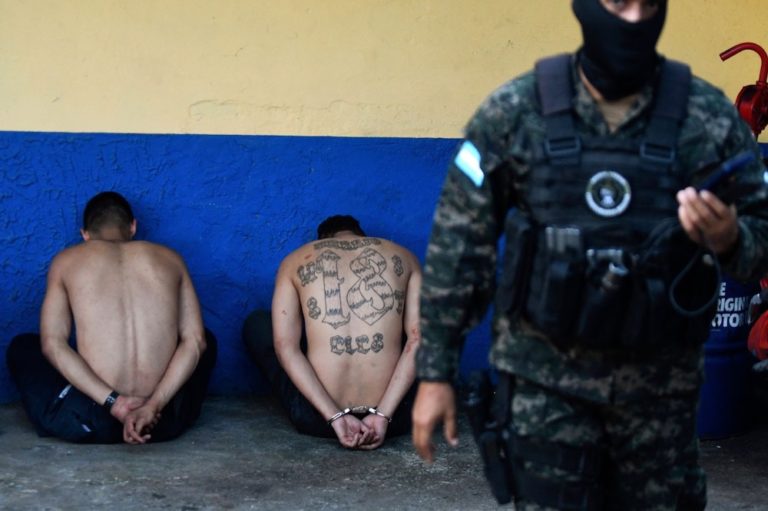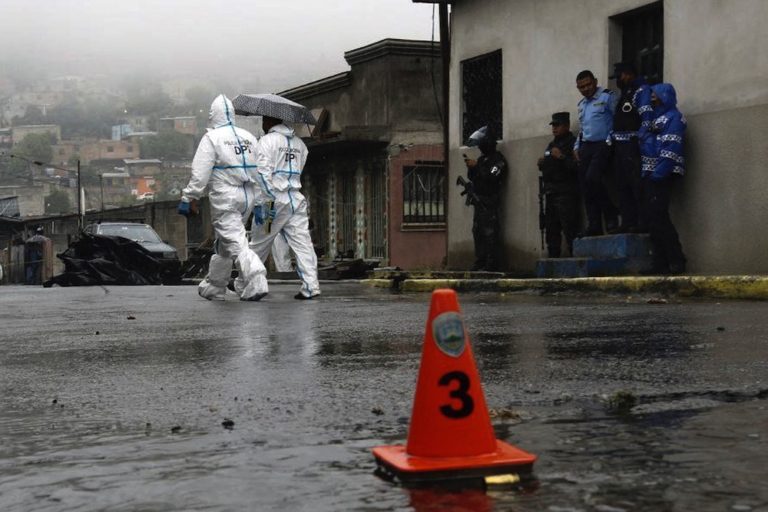The legal action against "El Heraldo" was apparently initiated in retaliation for the publication of a series of reports.
This statement was originally published on iapa.org on 24 January 2025.
The Inter American Press Association (IAPA) urged Honduras’ National Emergency System 911 to drop defamation charges against journalists from El Heraldo newspaper and urged the state institution to refrain from violating freedom of expression.
The legal action was apparently initiated in retaliation for the publication of a series of reports. On January 21, the National Emergency System 911 (SNE-911) announced the filing of criminal charges “for the publication of injurious information” against journalists from El Heraldo Plus who authored several investigations related to contracts concerning a project to install five thousand security cameras, as reported by the newspaper.
The lawsuit announced by the president of the Intervention Commission of SNE-911, Miroslava Cerpas, also includes those who approved its publication in mid-January, as explained by the media. The official requested information from El Heraldo‘s director about a journalist and an executive from the company who authorized the publications, as well as certified copies of articles released between January 14 and 18.
IAPA President José Roberto Dutriz considered that “this measure is an act of intimidation aimed at limiting investigative journalism on the performance of a state institution.” Dutriz, CEO and General Manager of La Prensa Gráfica in El Salvador, added that “it is an attempt to silence uncomfortable investigations.”
SNE-911 argued that the decision was due to El Heraldo “publishing several press releases in which, intentionally, it reports on alleged acts of corruption in the acquisitions for the ‘Seguridad al 100’ project,” aimed at installing five thousand cameras nationwide, causing harm to supplier companies, as stated by the organization in a press release.
Carlos Jornet, Second Vice President of IAPA and President of the Committee on Freedom of the Press and Information of the entity, warned that the measure contradicts the tenth principle of the Declaration of Chapultepec of IAPA: “No news media nor journalist may be punished for publishing the truth, criticizing, or denouncing the government.” Jornet, editor-in-chief of La Voz del Interior in Argentina, cautioned that “cases like this can foster self-censorship, affect journalistic work, and the public’s right to access information of general interest.”
There is growing consensus among international organizations, as well as jurisprudence in the Inter-American human rights system, that civil laws provide sufficient redress for press offenses.
IAPA has influenced numerous countries so that lawsuits against media and journalists brought by public figures or entities are not adjudicated in criminal courts but in civil courts, ensuring proportionality in the demand and any eventual compensation determined by judges.



